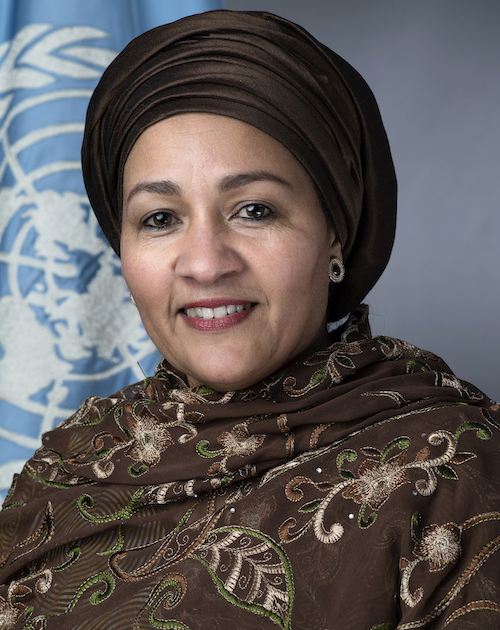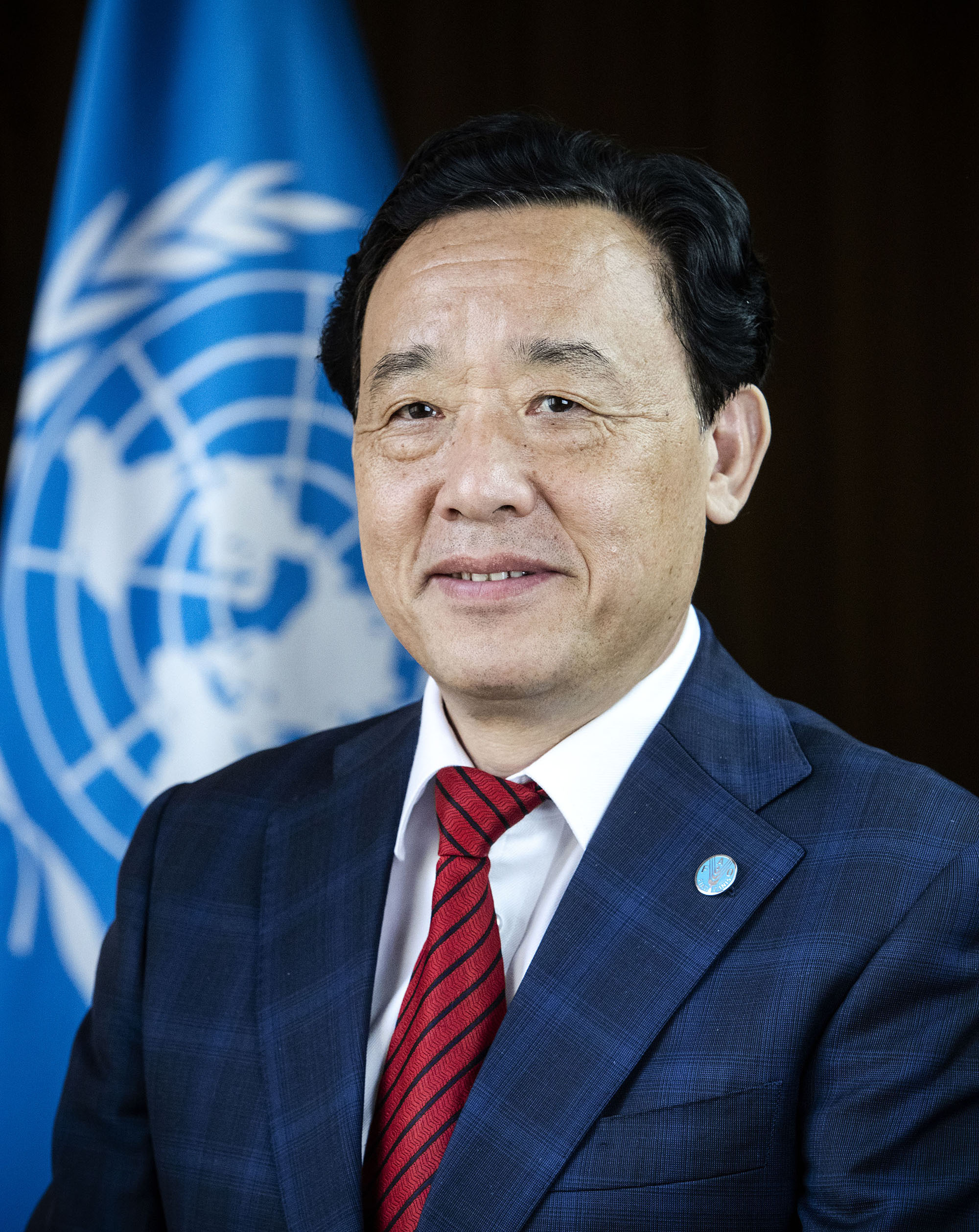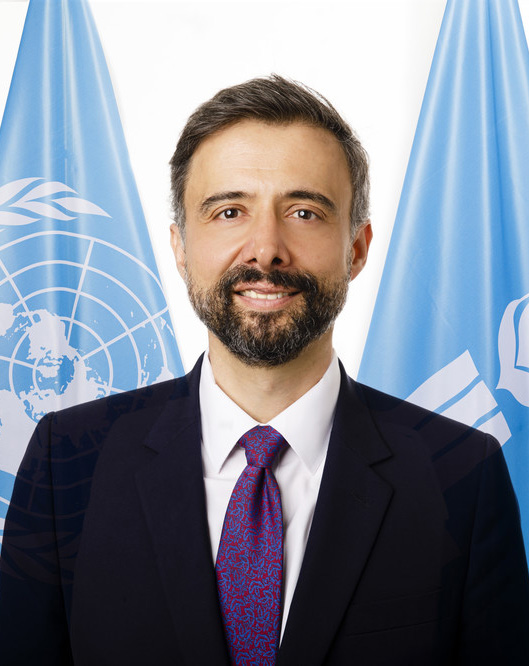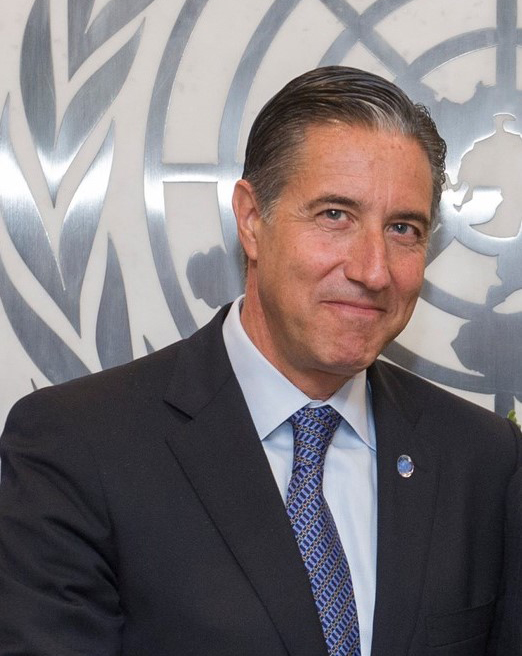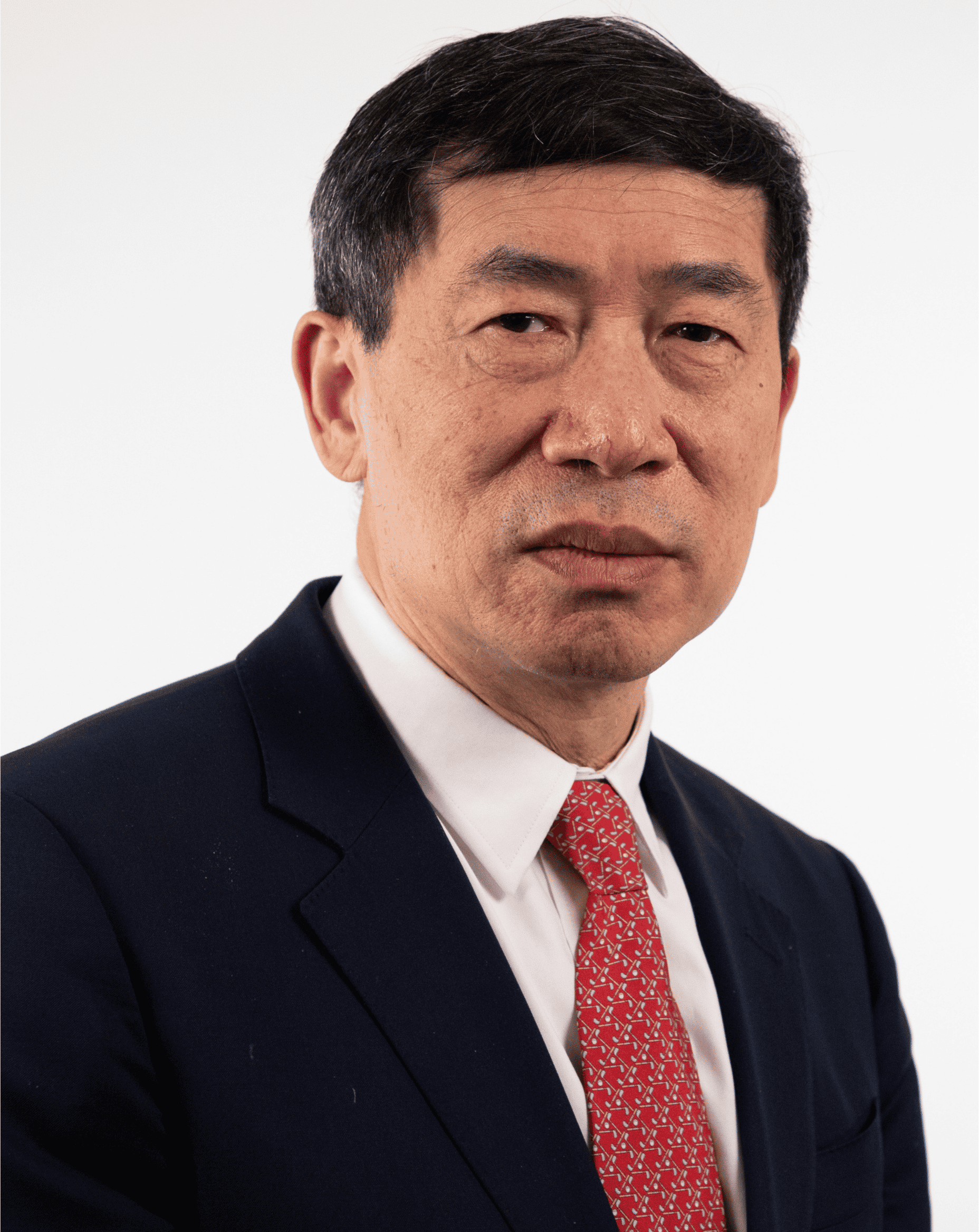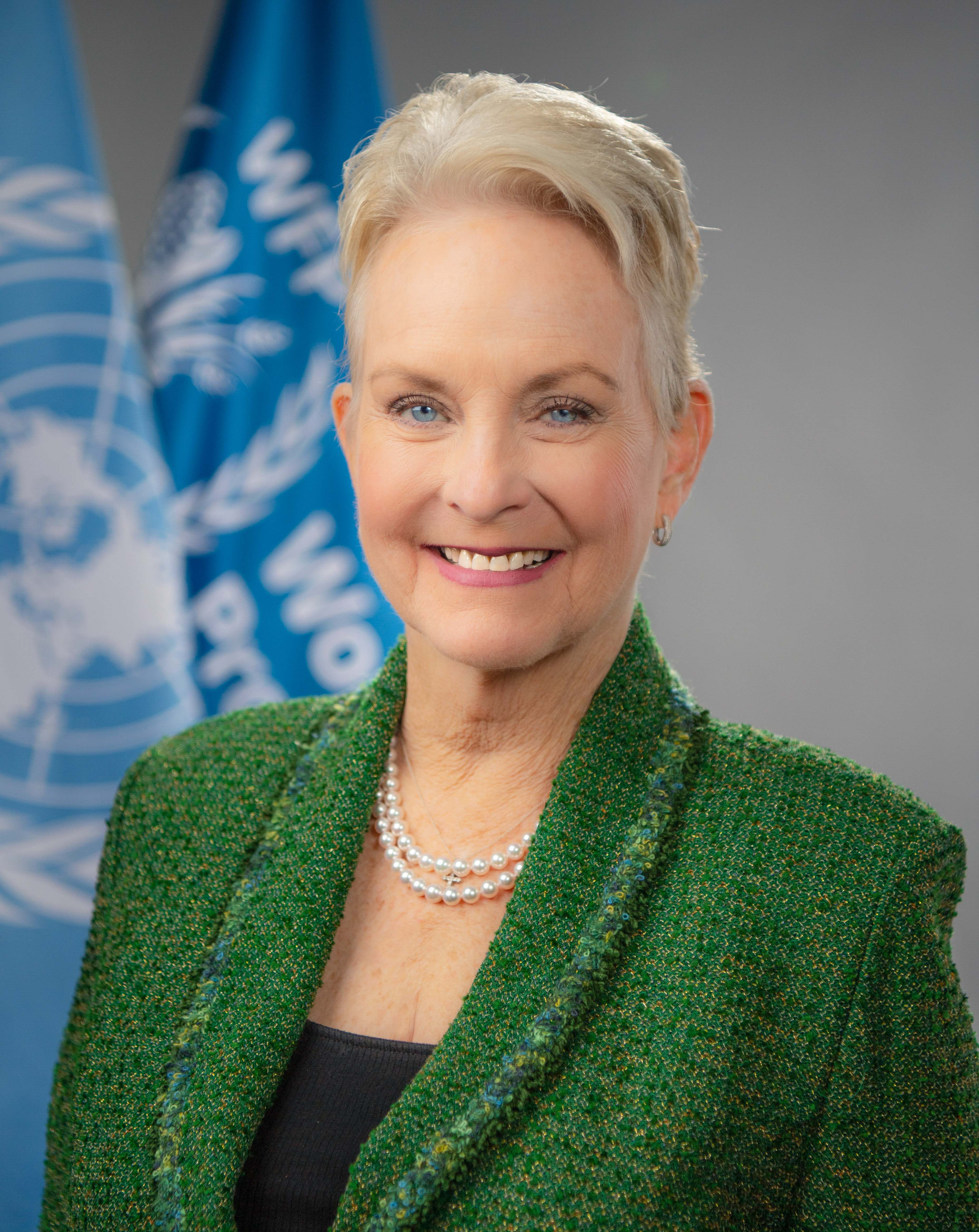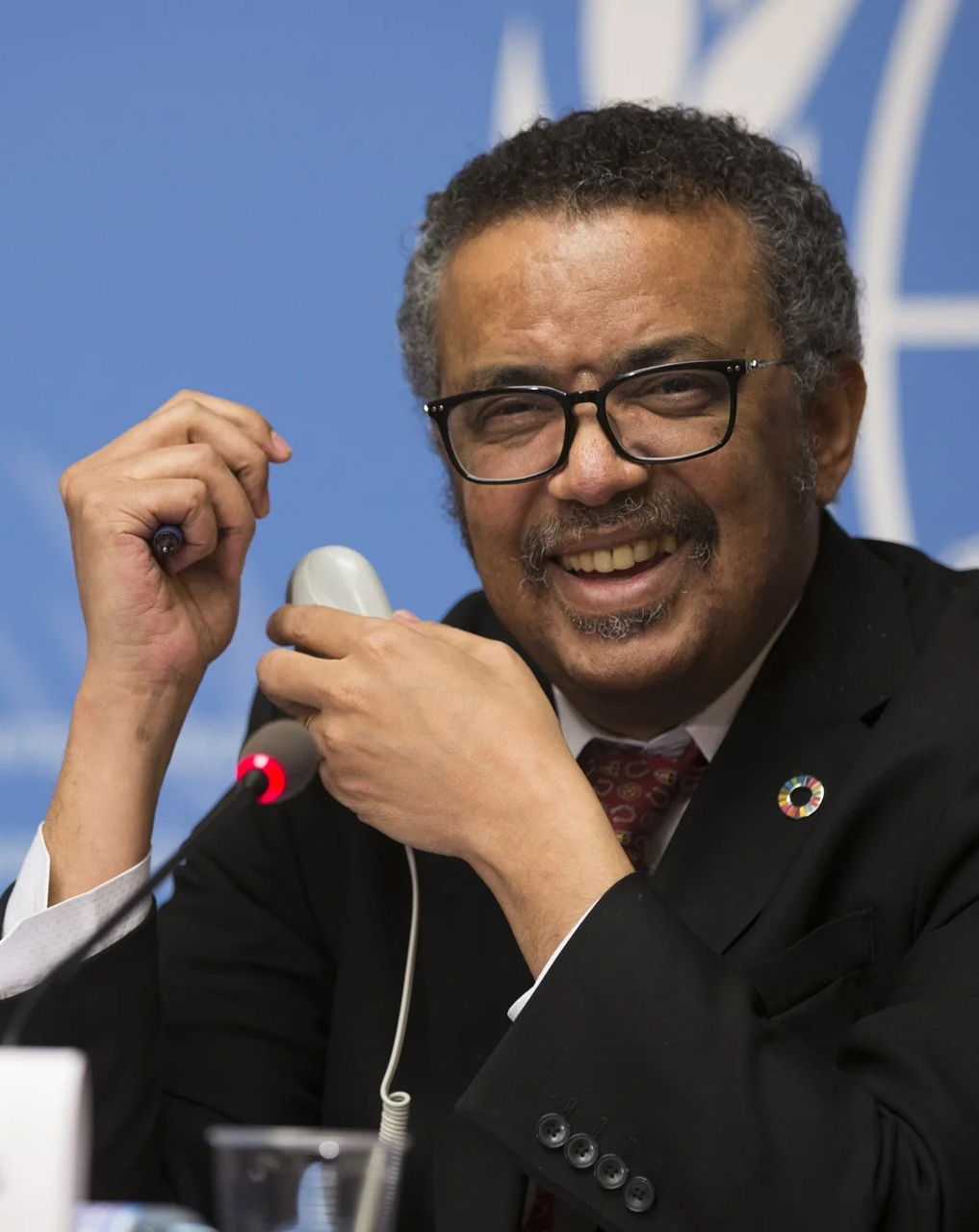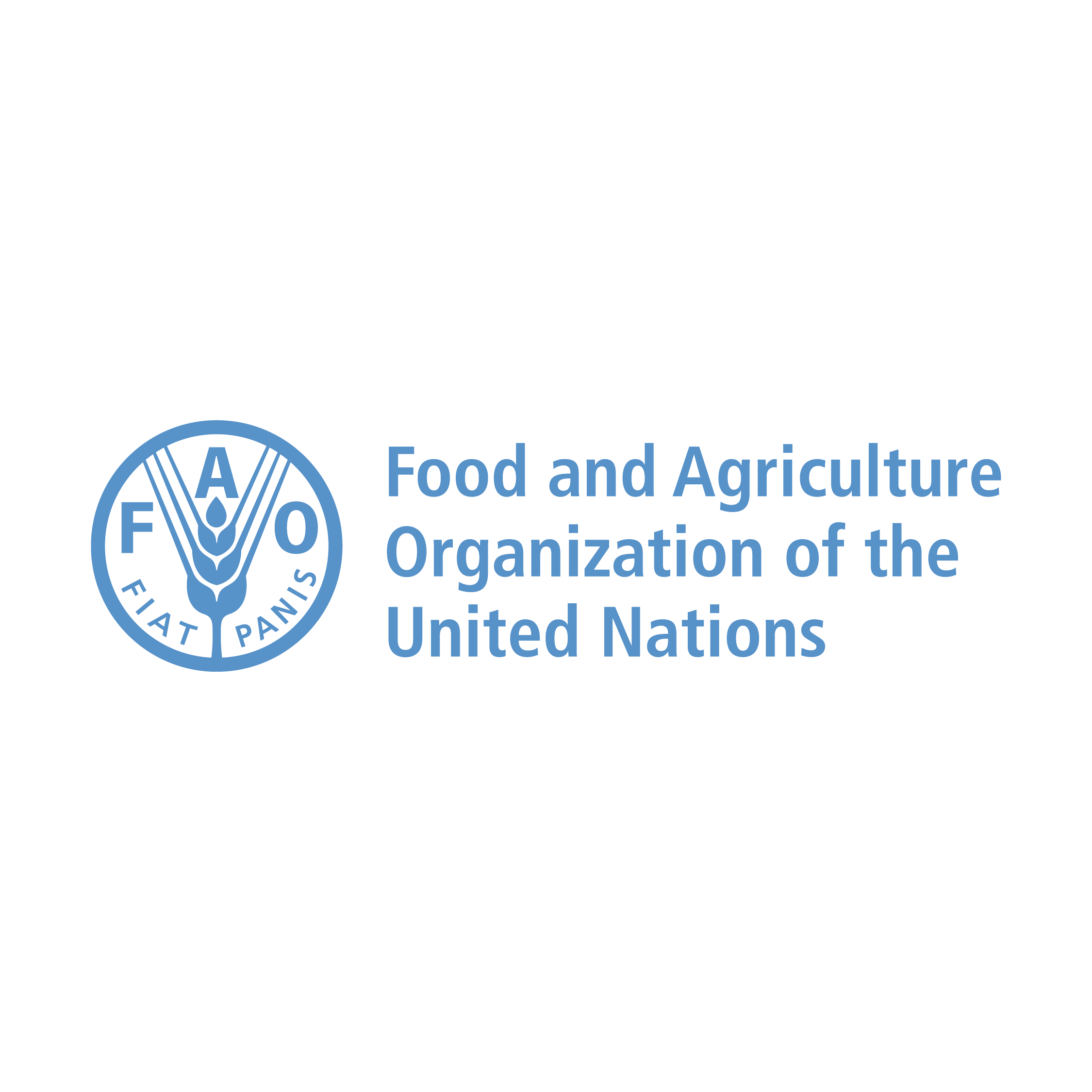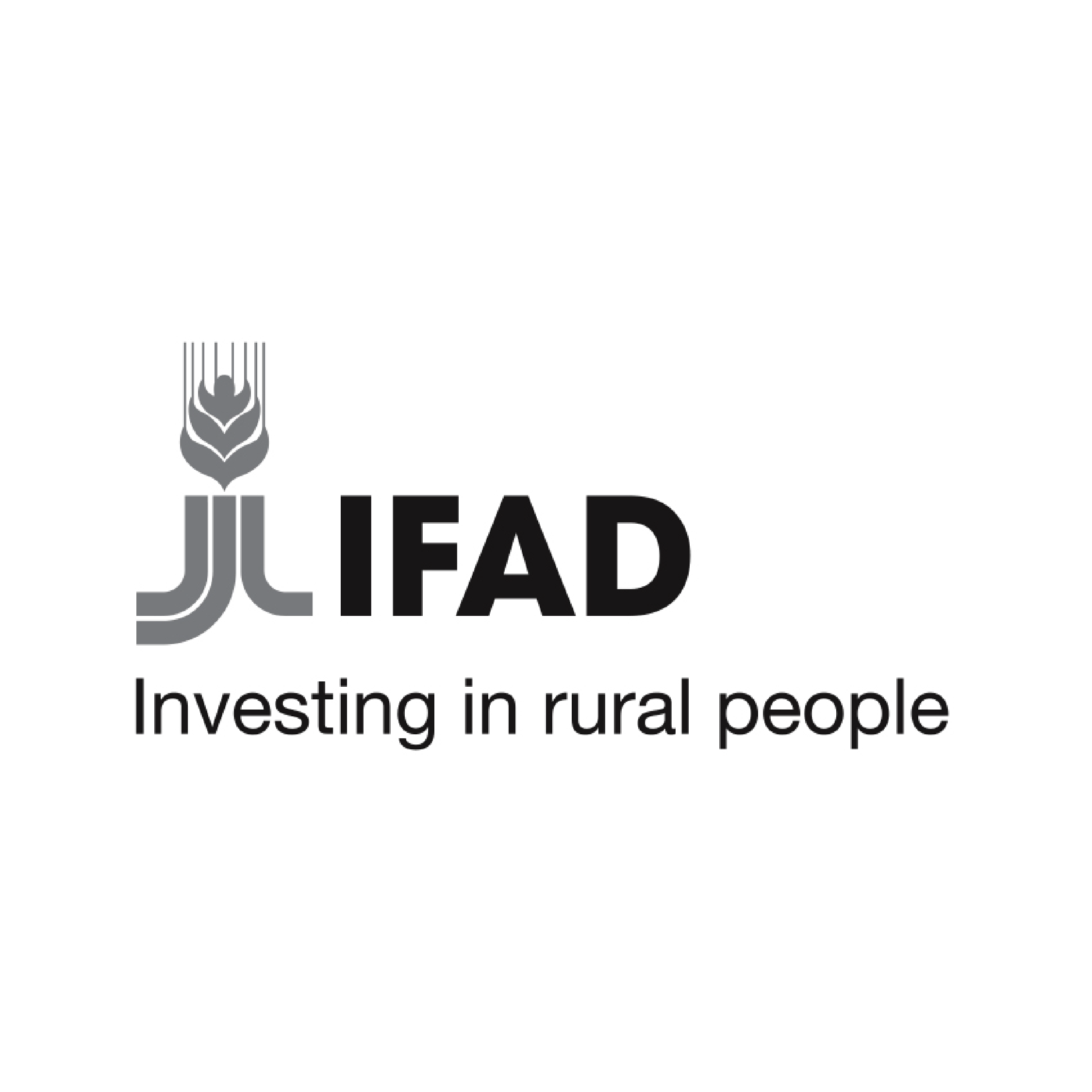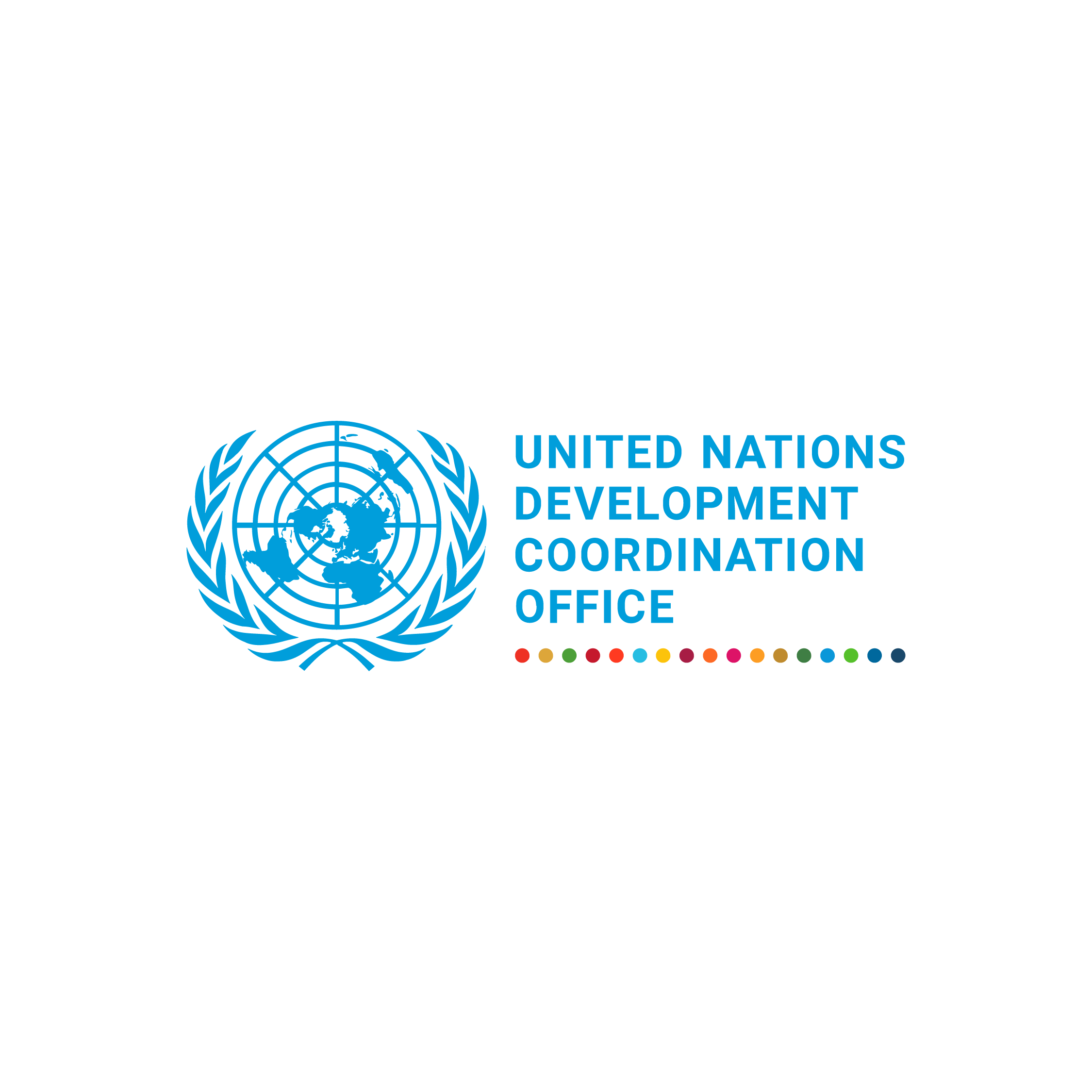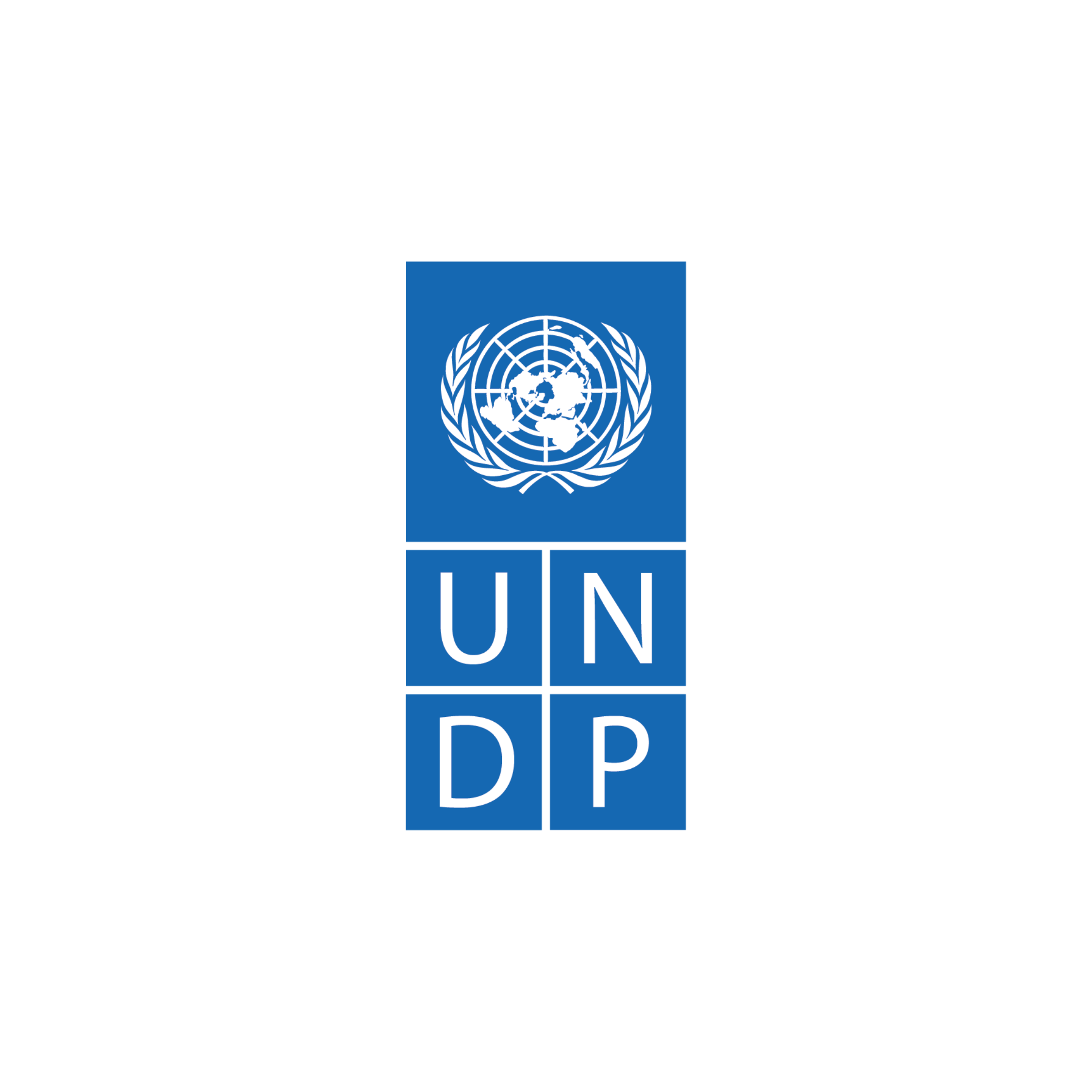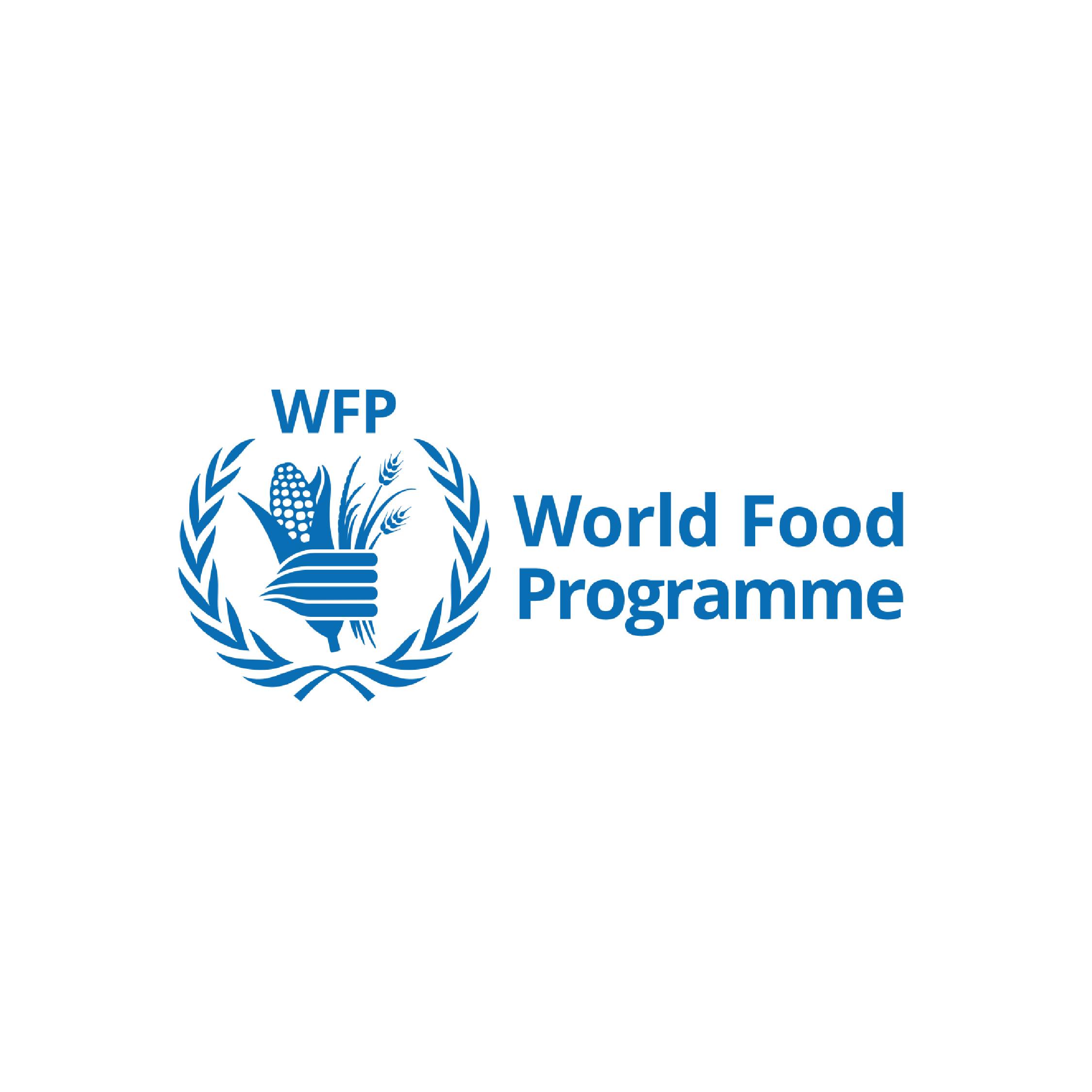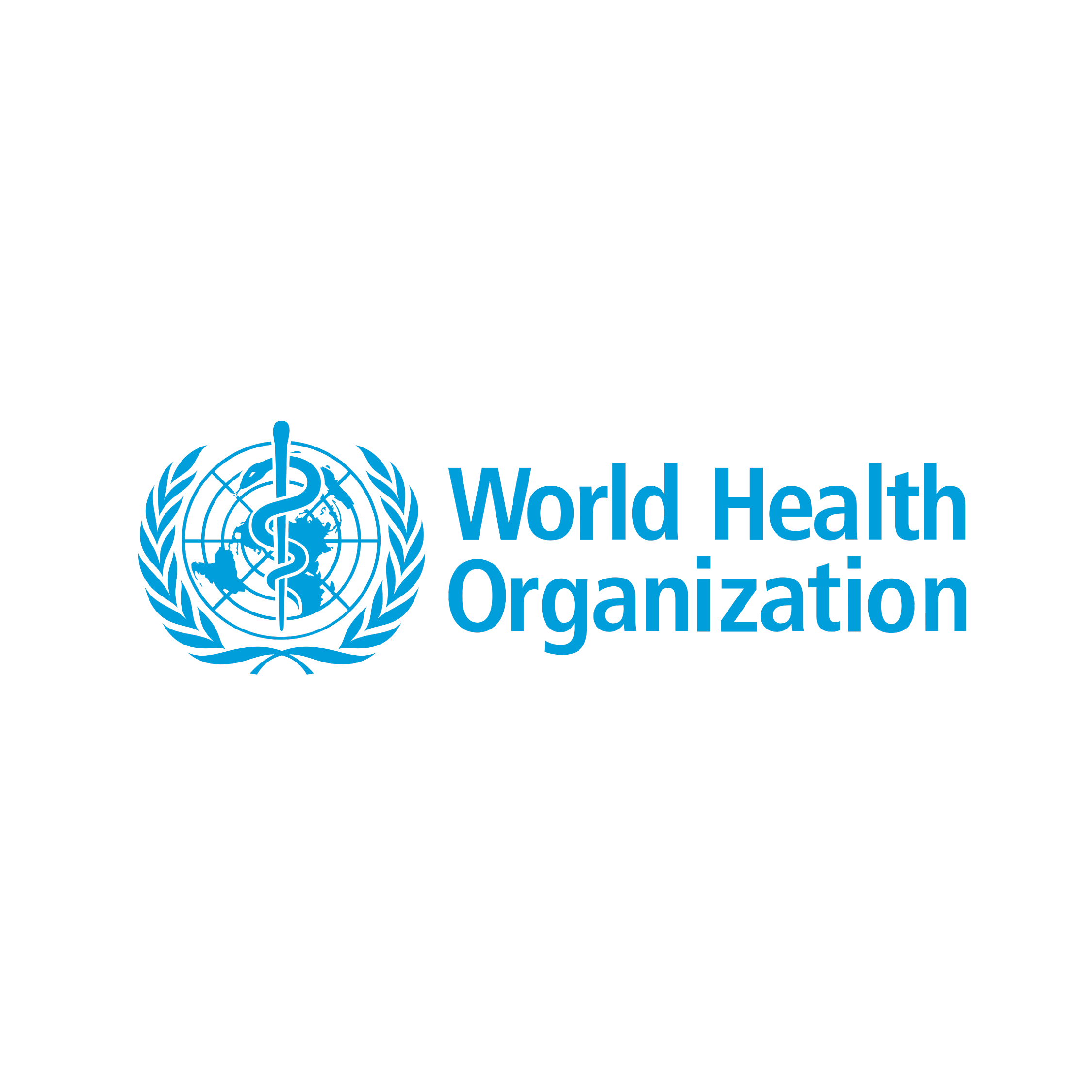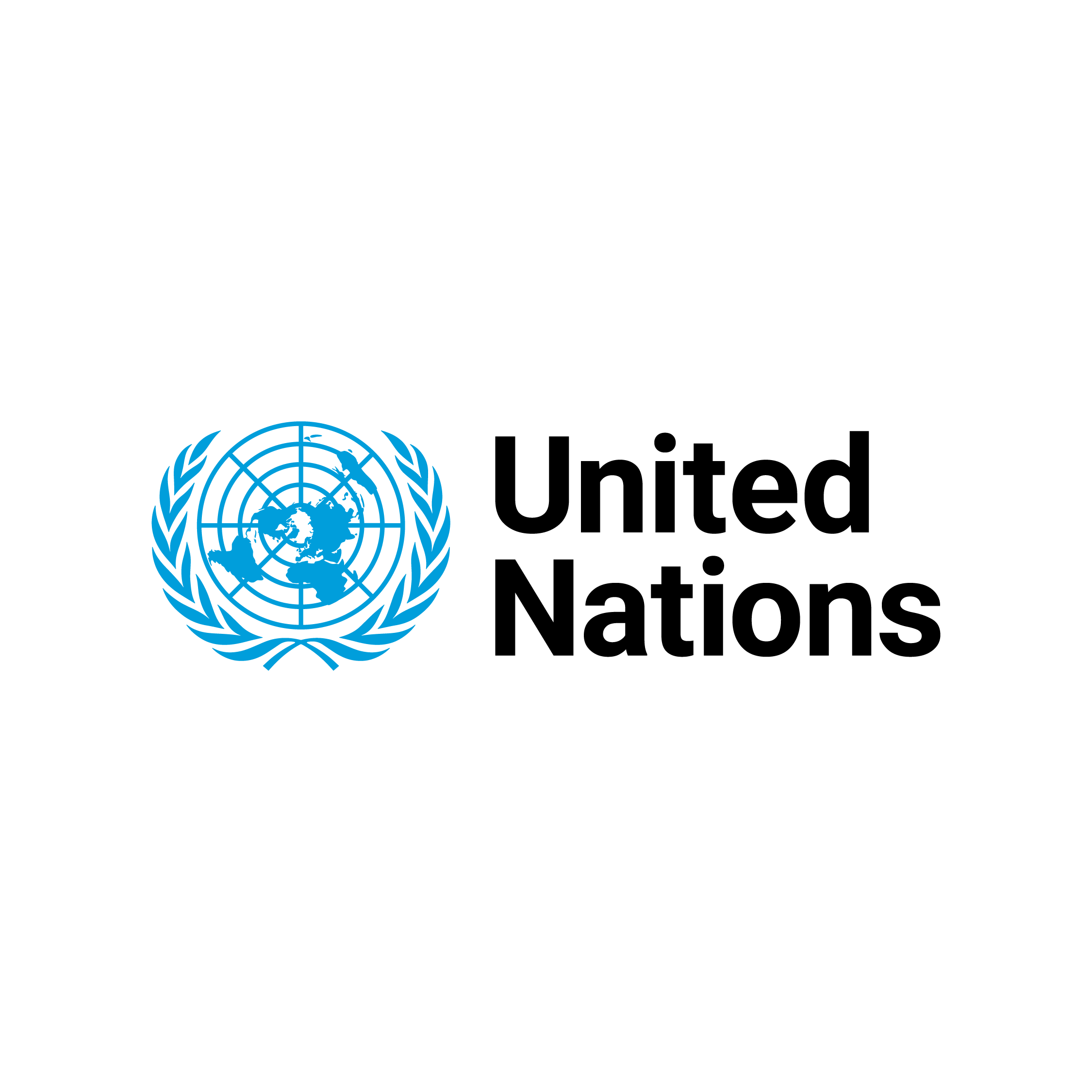MEET THE PRINCIPALS
Oversight Steering Group
The strategic work, decision-making, and engagement of the Hub is steered by an Oversight Steering Group comprising the Principals of the Food and Agriculture Organization of the United Nations (FAO), the International Fund for Agricultural Development (IFAD), the UN Development Coordination Office (UN DCO), the World Food Programme (WFP), and the UN Task Force Leads, with participation from the UN Deputy Secretary-General (DSG).
HOSTING AND MANAGEMENT
The UN Food Systems Coordination Hub is hosted by the Food and Agriculture Organization of the United Nations (FAO) on behalf of the UN system. Leadership is provided by the FAO Office of Sustainable Development Goals.
The Hub is resourced by the following UN Agencies, Funds, and Programmes that contribute staff and financial support.
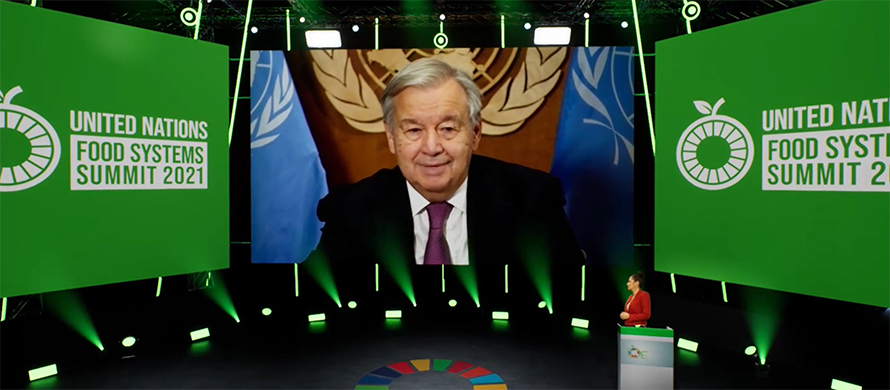
OUR HISTORY
History of the UN Food Systems Coordination Hub
The UN Food Systems Coordination Hub was established after the first UN Food Systems Summit, held during the UN General Assembly in New York on September 23, 2021. This landmark event brought together world leaders, stakeholders, and experts to address the urgent need for sustainable and resilient food systems to combat hunger, malnutrition, and climate change. The Summit concluded with the UN Secretary-General's Chair Summary and Statement of Action, underscoring the need for food system transformations that benefit people, the planet, and our common prosperity.
Following the Summit, the UN Secretary-General created the Hub to help countries translate their commitments into tangible actions. As a coordinating and connecting resource, the Hub supports countries in advancing their national pathways toward sustainable food systems, directly contributing to the achievement of the SDGs by 2030.

